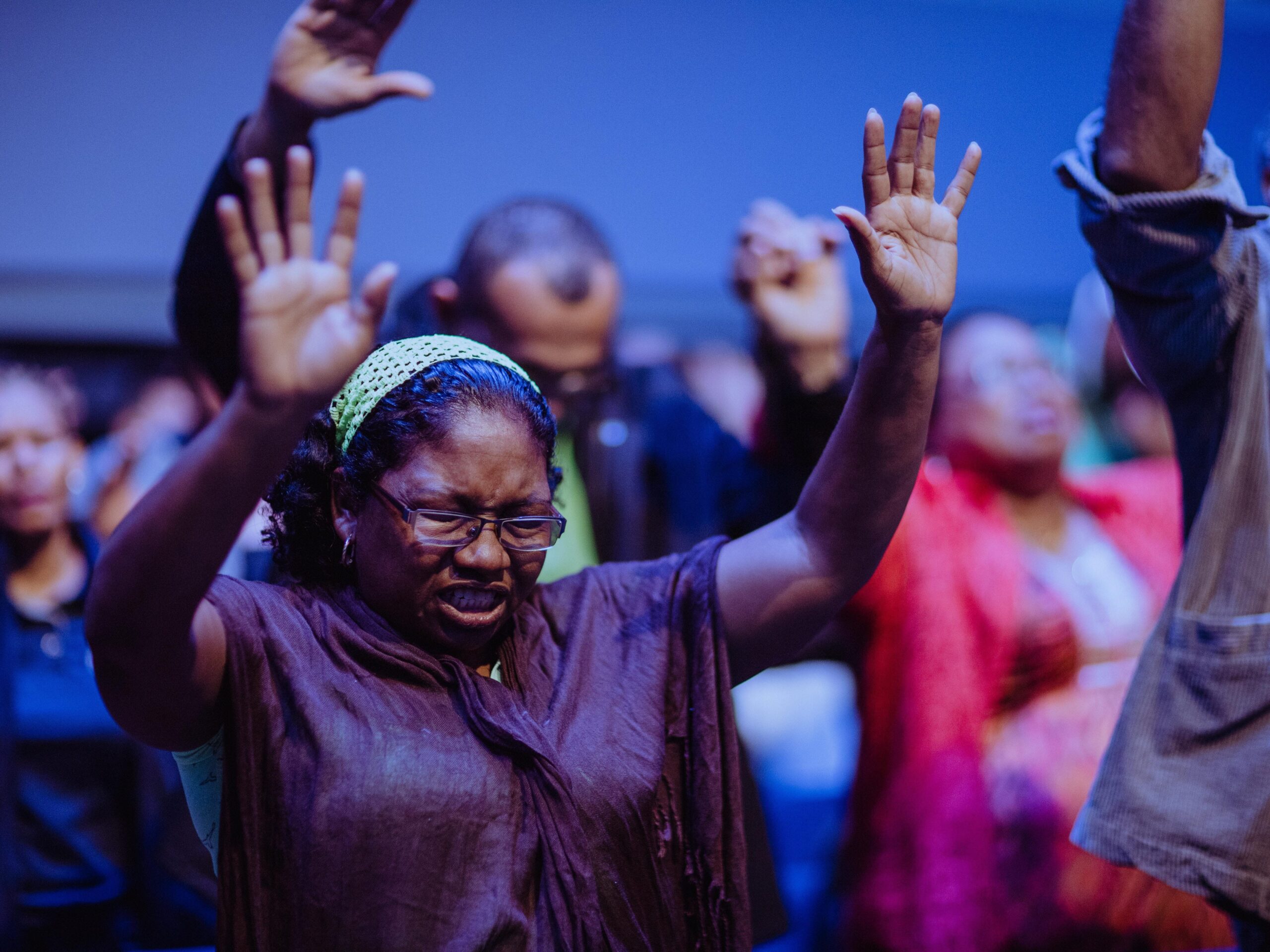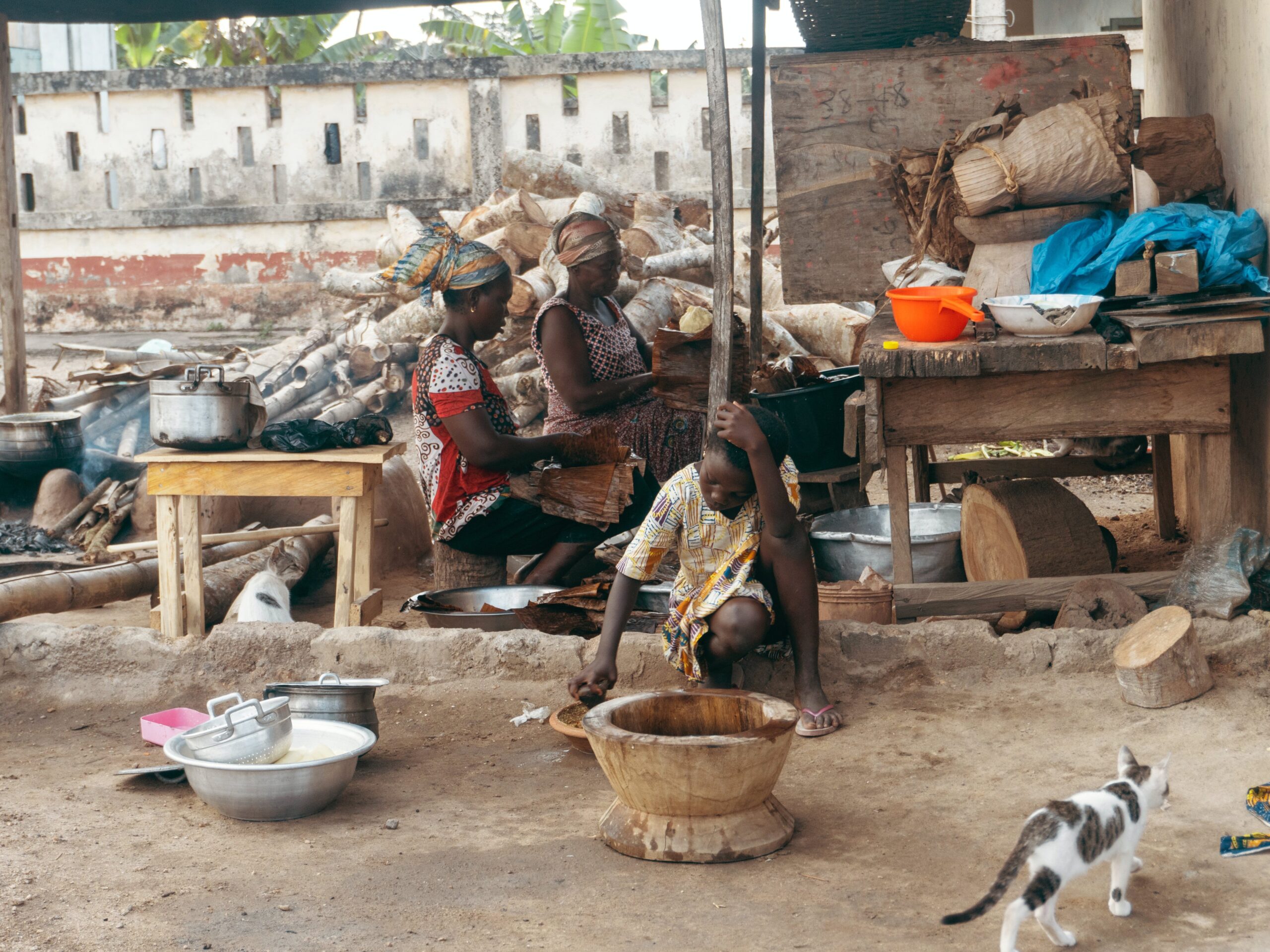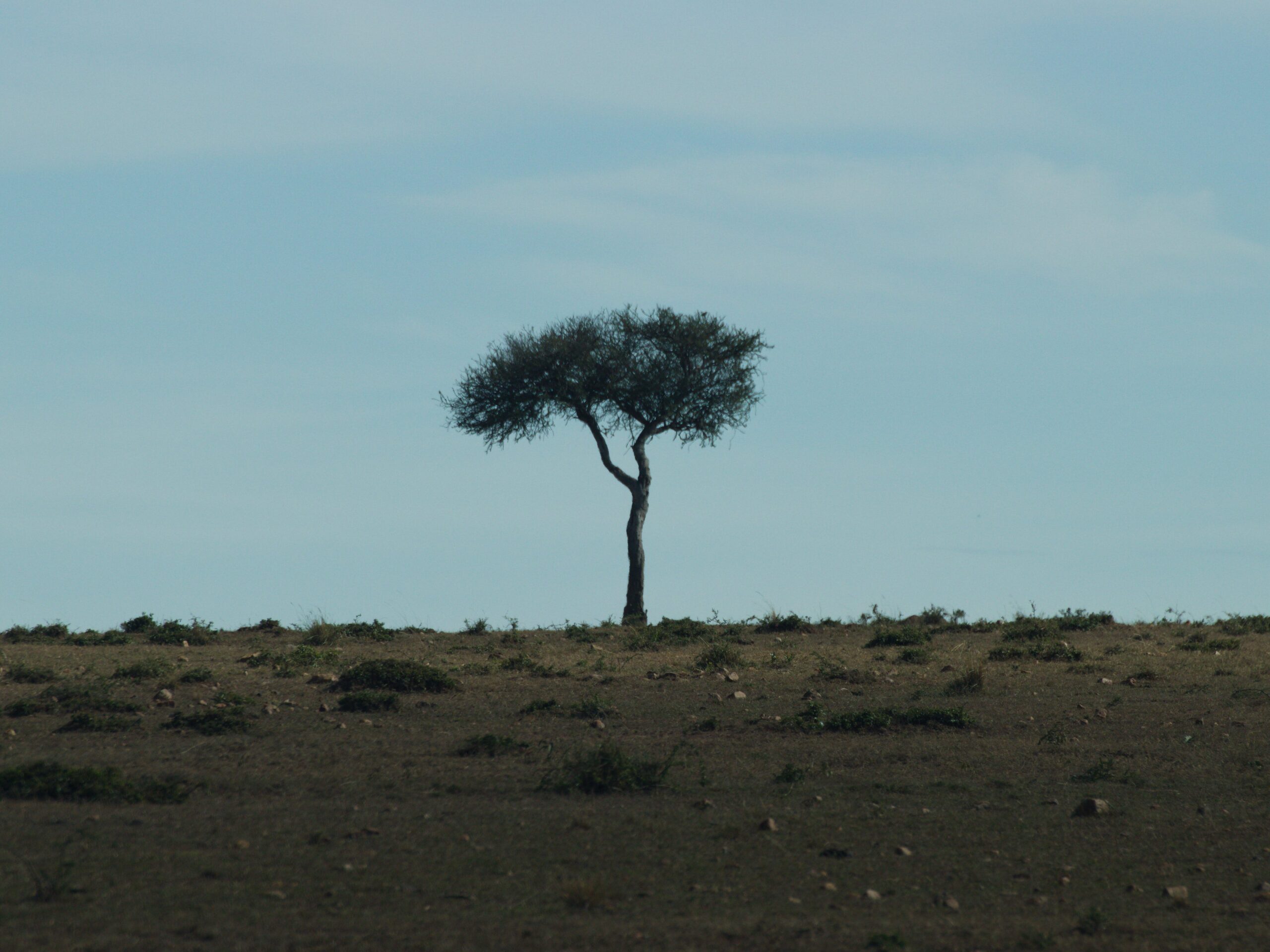What is the key to the best outreach or missions work you can do? How do we spread the gospel in the most effective way? When we get caught up in questions like these, we may lose perspective and miss the power of a simple, but remarkable, gift that God has given us: the ability to speak directly to Him. We can “approach God’s throne of grace with confidence, so that we may receive mercy and find grace to help us in our time of need” (Heb. 4:16). This is no small blessing, and it speaks loudly to those who have not experienced God’s presence.
Tim* encourages us to always “continue to ask people what you can be praying for them about.” He shares the story of God freeing his neighbor from demonic influence through prayer, and that is not the only incident where specific requests led to impactful results. Whenever Tim and his wife practice hospitality in inviting their neighbors to their apartment, they always say, “Whatever’s going on in your life, we’d like to pray.’ . . . When we’ve gotten those chances to ask people specific prayers, I’ve seen God answer so much.”
What kind of specific prayers do they hear? Well, they’ve “had a sister who wanted to pray for her husband to get a different rotation in his job.” When Tim’s lease was coming up, his family prayed, “God, if you want us [to stay in this apartment], don’t raise our rent.” These prayers may seem small or too specific, but we find throughout Scripture that God wants us to “cast all [our] anxiety on him because he cares for [us]” (1 Peter 5:7). Tim has found that “when we’ve gotten those chances to ask people specific prayers, I’ve seen God answer those so much. He’s so good about showing his power to people, showing his reality.”
When Tim’s Muslim friends told him that they had been praying for years to get their visa, or they’d be forced to return to their country. “We were on a walk,” Tim shares, “and I said, ‘I’m going to pray in Jesus’s name that you get that visa by the end of this month.’ [My Muslim neighbor] kind of laughed, but he was grateful. I prayed and my wife prayed, my mom prayed. The end of the month happened. They didn’t get the visa. But about a week later in the mail, they got their visa and it was backdated to that final day of the month.” Those friends said in amazement, “We’ve never seen God answer prayers like that.”
“If I could encourage anyone,” Tim says, he would say, “just ask people what they really need prayer for. Because when God shows up, and when he answers that prayer, those people are interested. . . . As human beings, we can’t replicate that kind of power, nor can people deny the reality of God when He answers those things. When we give God the opportunity to show his power, he draws people to himself so much better than I think we ever could.”
So don’t be shy. Ask the people around you, in your network, how you can pray for them, and let God show his power through his response. If you want to hear more stories and advice like Tim’s from the Zúme community, check out Multiplying Disciples wherever you listen to podcasts.
*Name changed for security.






